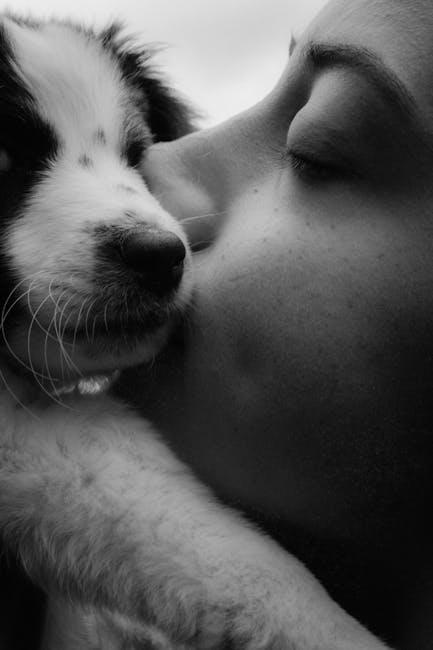
Sponsored: Dental Care for Your Pet – 12News
Our beloved pets rely on us for their health and happiness, and dental care often slips under the radar. Good oral hygiene isn’t just about a bright smile; it directly impacts your pet’s overall health. From preventing painful infections to improving life expectancy, understanding and implementing proper dental care is essential for every pet owner. On 12News, we bring you a comprehensive guide on dental care for your pet – packed with expert tips, benefits, and real-life advice to keep those tails wagging and purrs loud!
Why Dental Care for Pets is So Important
Pet dental health is more than clean teeth—it’s a cornerstone of their general well-being. Unfortunately, dental diseases are common in dogs and cats, with over 80% showing signs of dental problems by age three.
Poor dental hygiene can lead to:
- Gum disease (gingivitis and periodontitis)
- Tooth decay and loss
- Oral infections and abscesses
- Bad breath (halitosis)
- Potential kidney, liver, and heart issues caused by bacteria entering the bloodstream
Regular dental care reduces these risks and enhances your pet’s quality of life.
Common Signs Your Pet Needs Dental Care
Learning to spot early signs of dental problems is critical. Here are some symptoms every pet owner should watch for:
- Persistent bad breath
- Yellow or brown tartar buildup on teeth
- Red or bleeding gums
- Difficulty chewing or dropping food
- Excessive drooling
- Pawing at the mouth or face
- Loose or missing teeth
If you notice any of these signs, schedule a dental checkup with your veterinarian immediately.
Practical Tips for Daily Pet Dental Care
Maintaining your pet’s dental health doesn’t have to be overwhelming. With daily habits and proper products, you can make a big difference.
1. Regular Brushing
Use a pet-specific toothbrush and toothpaste (never use human toothpaste). Brush your pet’s teeth gently but consistently, ideally daily or at least 3-4 times per week.
2. Dental Chews and Toys
Specially formulated dental chews help reduce plaque and tartar. Durable toys encourage chewing that naturally cleans teeth. Examples include:
- Rawhide chews
- Rubber or nylon dental toys
- Natural antlers or bones (veterinarian approved)
3. Diet Considerations
Some pet foods are designed to promote oral health through texture and ingredients. Consult your vet about dental diets or supplements.
4. Veterinary Dental Cleanings
Routine professional cleanings (usually annually) remove plaque and tartar buildup that home care cannot reach. This is crucial for pets prone to periodontal disease.
Case Study: Bella’s Journey to a Healthy Smile
Bella, a 5-year-old Golden Retriever, suffered from bad breath and reluctant eating. Her owner took her to the vet where dental disease was diagnosed. After a professional cleaning and adopting a brushing routine along with special dental chews, Bella’s oral health dramatically improved. Now she eagerly wags her tail during brushing time, and the vet praises her sparkling teeth at every checkup.
Comparing Popular Dental Products for Pets
| Product | Type | Benefits | Recommended For |
|---|---|---|---|
| Virbac Enzymatic Toothpaste | Toothpaste | Gentle, effective plaque removal | Dogs and cats |
| Greenies Dental Chews | Chew Treat | Helps reduce tartar, freshens breath | Medium to large dogs |
| Petstages Dental Toys | Chewing Toy | Promotes chewing, cleans teeth | All sizes of dogs |
| Virbac C.E.T. Oral Hygiene Gel | Topical Gel | Reduces gum inflammation | Cats and dogs with sensitive gums |
Benefits of Dental Care for Your Pet
- Enhanced Overall Health: Prevents bacteria from affecting vital organs.
- Improved Comfort: Reduces pain caused by infections or decay.
- Longer Lifespan: Studies link good oral care to longer, healthier lives.
- Better Breath: Makes cuddle time more enjoyable!
- Cost Savings: Avoid expensive treatments by preventing dental disease.
Frequently Asked Questions (FAQs)
How often should I brush my pet’s teeth?
Ideally, daily brushing is best, but at minimum 3-4 times per week can still offer significant benefits.
Can I use human toothpaste on my pet?
No. Human toothpaste contains fluoride and other ingredients harmful to pets. Always use veterinary-approved toothpaste.
Is anesthesia necessary for professional cleanings?
Yes, general anesthesia is typically required to safely perform a thorough cleaning and examination without stress to your pet.
Are dental treats enough for oral care?
Dental treats help, but they should complement brushing and veterinary cleanings, not replace them.
Conclusion: Prioritize Your Pet’s Dental Health Today
Taking care of your pet’s dental health is one of the most rewarding investments you can make. It’s a simple yet powerful way to prevent pain, disease, and costly vet visits, all while strengthening the bond with your furry friend. Whether it’s brushing at home, providing dental chews, or scheduling regular veterinary cleanings, every step counts.
Keep your pet’s smile bright and healthy by starting your dental care routine today. For more tips and trusted pet health advice, stay tuned to 12News, your go-to source for pet wellness.


